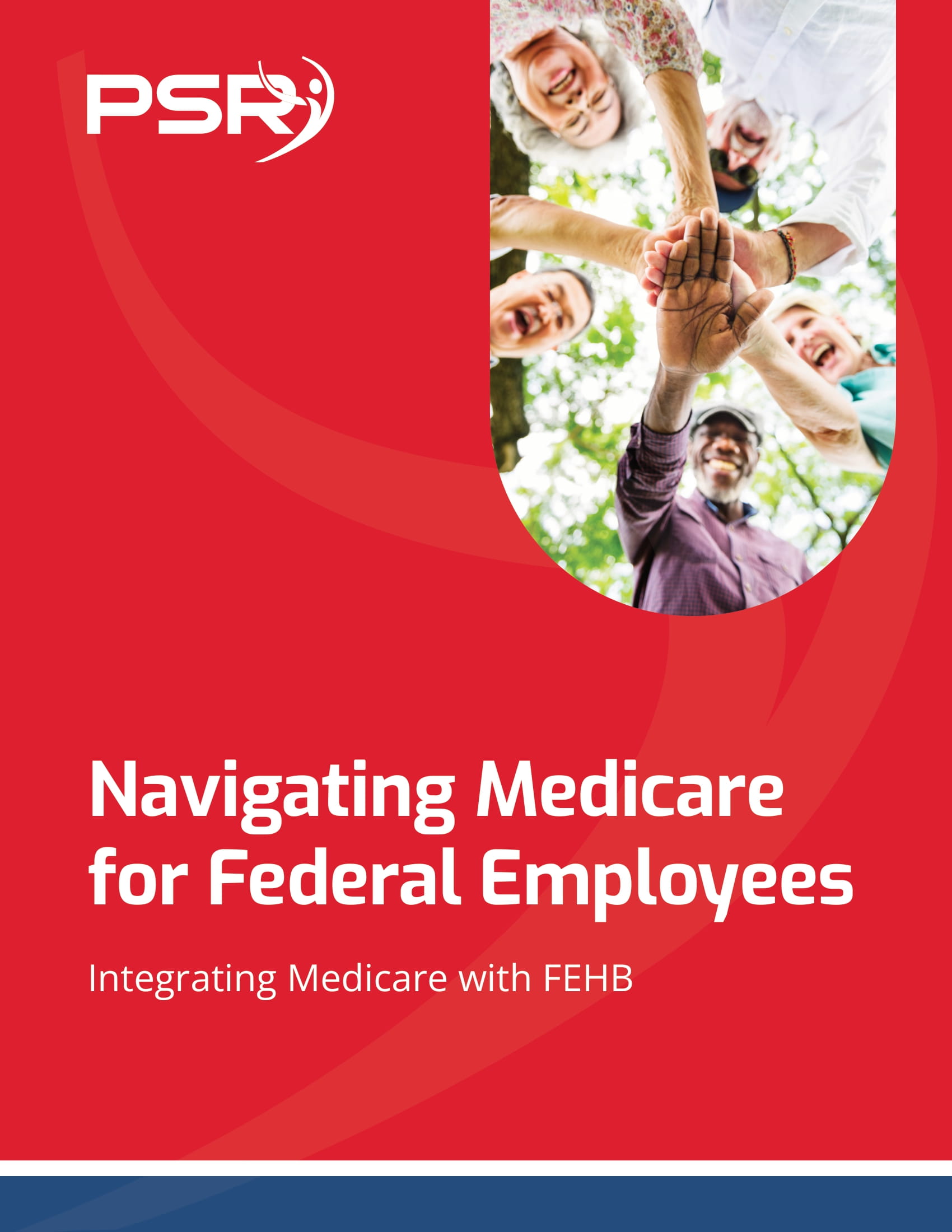Key Takeaways:
- Early retirement can significantly affect federal benefits, including FERS/CSRS pensions, Thrift Savings Plan (TSP) contributions, and federal health and life insurance.
- Understanding the potential reductions and changes to these benefits is crucial for making an informed decision about early retirement.
Find Out How Much Would Early Retirement Affect Your Federal Benefits
Federal employees considering early retirement must thoroughly understand how it will impact their benefits. Early retirement can lead to reductions in pension benefits, changes in Thrift Savings Plan (TSP) contributions, and adjustments to health and life insurance coverage. This article examines these impacts to help federal employees make an informed decision about early retirement.
Calculating the Impact of Early Retirement on Your FERS/CSRS Pension
- Also Read: Divorce and Your Federal Pension—What Happens When You Split Assets and How It Could Affect Your TSP
- Also Read: What Happens to Your Federal Benefits After Divorce? Here’s the Lowdown
- Also Read: The Best FEHB Plans for 2025: Which One Fits Your Lifestyle and Budget the Best?
FERS Pension
The FERS pension is calculated based on years of service and the average of the highest three years of salary (high-3 average). Early retirement under FERS can lead to a reduction in the pension amount.
- Minimum Retirement Age (MRA): The MRA for FERS employees is between 55 and 57, depending on the year of birth. Employees can retire with full benefits at their MRA if they have at least 30 years of service or at age 60 with 20 years of service.
- Reduced Benefits: Employees who retire at their MRA with at least 10 years but less than 30 years of service receive reduced benefits. The reduction is 5% for each year the employee is under age 62. For example, if an employee retires at age 57, the pension is reduced by 25% (5% x 5 years).
CSRS Pension
The CSRS pension is a defined benefit plan providing a percentage of the high-3 average salary based on years of service. Early retirement under CSRS can also lead to reduced benefits.
- Voluntary Early Retirement Authority (VERA): Under certain conditions, CSRS employees can retire early with at least 20 years of service at age 50 or with 25 years of service at any age. However, there is a 2% reduction in the pension for each year the employee is under age 55.
Example Calculation
Consider a FERS employee with a high-3 average salary of $100,000, 25 years of service, and planning to retire at age 57:
- Base Calculation: 1% of high-3 average x years of service = 1% x $100,000 x 25 = $25,000 annually.
- Reduction: 5% per year under age 62 = 5% x 5 years = 25%.
- Reduced Pension: $25,000 – 25% = $18,750 annually.
Understanding Changes to Thrift Savings Plan (TSP) Contributions and Withdrawals
The TSP is a critical component of federal retirement benefits, functioning similarly to a 401(k) plan. Early retirement impacts both contributions and withdrawals from the TSP.
Contributions
- Ceasing Contributions: Once you retire, you can no longer contribute to your TSP. This cessation can impact your long-term savings, especially if you retire significantly earlier than planned.
- Catch-Up Contributions: Employees aged 50 and older can make catch-up contributions to boost their savings. Retiring early eliminates the opportunity for additional catch-up contributions.
Withdrawals
- Early Withdrawal Penalty: Withdrawals from the TSP before age 59½ typically incur a 10% early withdrawal penalty, along with regular income taxes. However, there are exceptions:
- Separation at 55: Federal employees who retire in the year they turn 55 or later are exempt from the early withdrawal penalty.
- Substantially Equal Periodic Payments (SEPP): Under IRS Rule 72(t), employees can avoid the penalty by taking a series of substantially equal periodic payments.
Example Calculation
Consider an employee with a TSP balance of $500,000, planning to retire at age 55:
- Withdrawal Strategy: The employee can withdraw without the 10% penalty due to retiring at age 55.
- Income Planning: If the employee plans to withdraw $20,000 annually, the remaining balance continues to grow tax-deferred.
Evaluating the Effects on Federal Employee Health and Life Insurance Benefits
Health and life insurance benefits are vital for financial security in retirement. Early retirement can impact these benefits differently based on the type of coverage.
Health Insurance (FEHB)
Federal Employees Health Benefits (FEHB) can continue into retirement, but early retirement may affect premiums and coverage.
- FEHB Continuation: Retirees can continue their FEHB coverage, paying the same premiums as active employees. This continuation requires that the employee was enrolled in FEHB for the five years immediately preceding retirement.
- Medicare Coordination: At age 65, retirees become eligible for Medicare. Understanding how FEHB integrates with Medicare is essential for managing healthcare costs effectively.
Life Insurance (FEGLI)
The Federal Employees Group Life Insurance (FEGLI) program provides life insurance coverage, which can be carried into retirement with adjustments.
- Basic Coverage: FEGLI Basic coverage can continue into retirement, but coverage amounts and premiums may change.
- Option B and C: Additional coverage options (Option B and C) are also available but may require higher premiums or reduced coverage amounts.
Example Scenario
Consider an employee retiring at age 55 with FEHB and FEGLI coverage:
- FEHB Continuation: The employee continues FEHB coverage, paying the same premiums as during employment.
- FEGLI Adjustment: The employee’s FEGLI Basic coverage continues, but they must decide whether to keep additional options based on cost and coverage needs.
Conclusion: Making an Informed Decision
Early retirement for federal employees involves significant considerations regarding pension benefits, TSP contributions, and health and life insurance coverage. Understanding these impacts helps employees make informed decisions about their retirement timing and financial planning. By calculating potential reductions, planning for early withdrawals, and managing healthcare and insurance benefits, federal employees can navigate the complexities of early retirement and secure their financial future.
Contact Information:
Email: [email protected]
Phone: 6024139544












